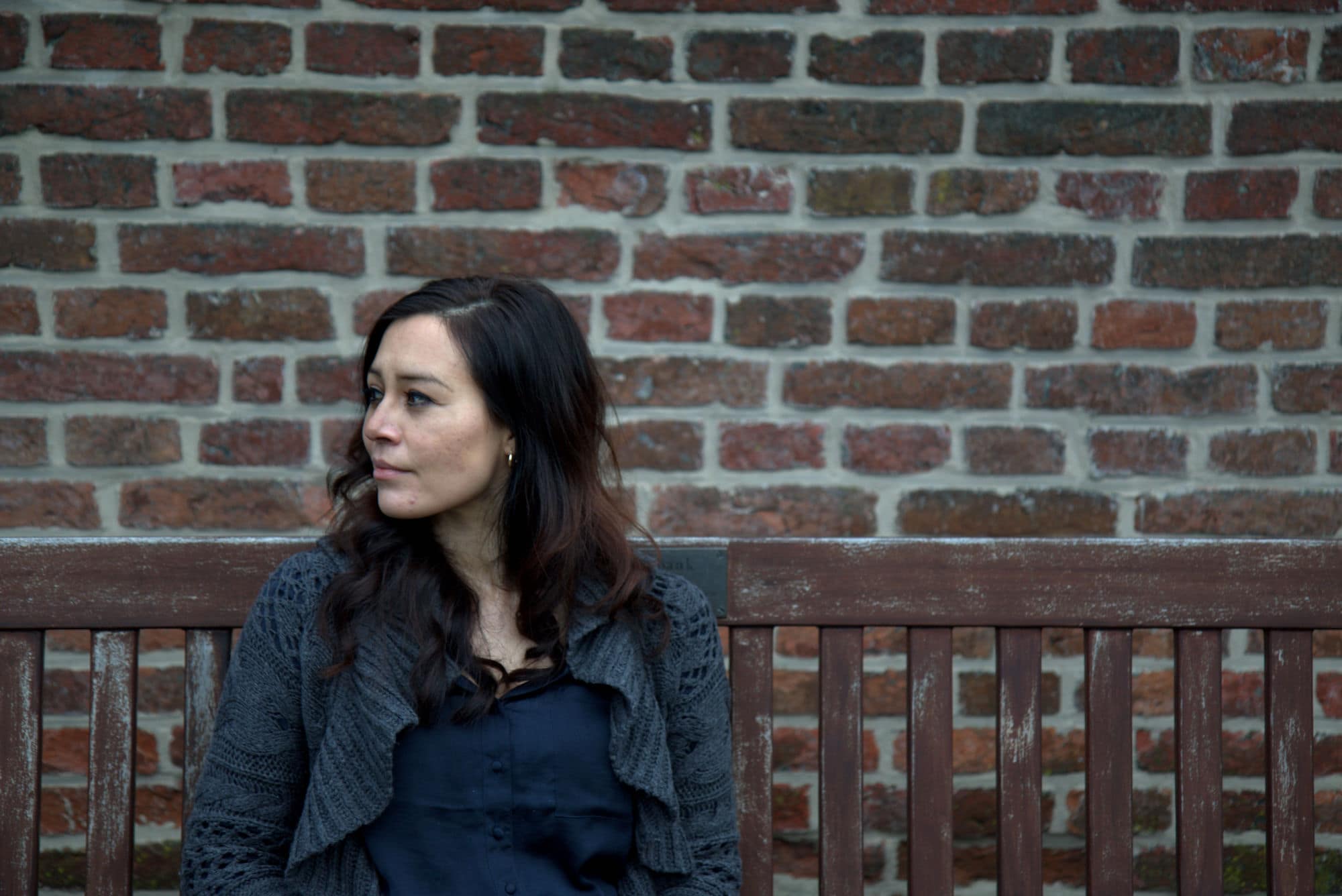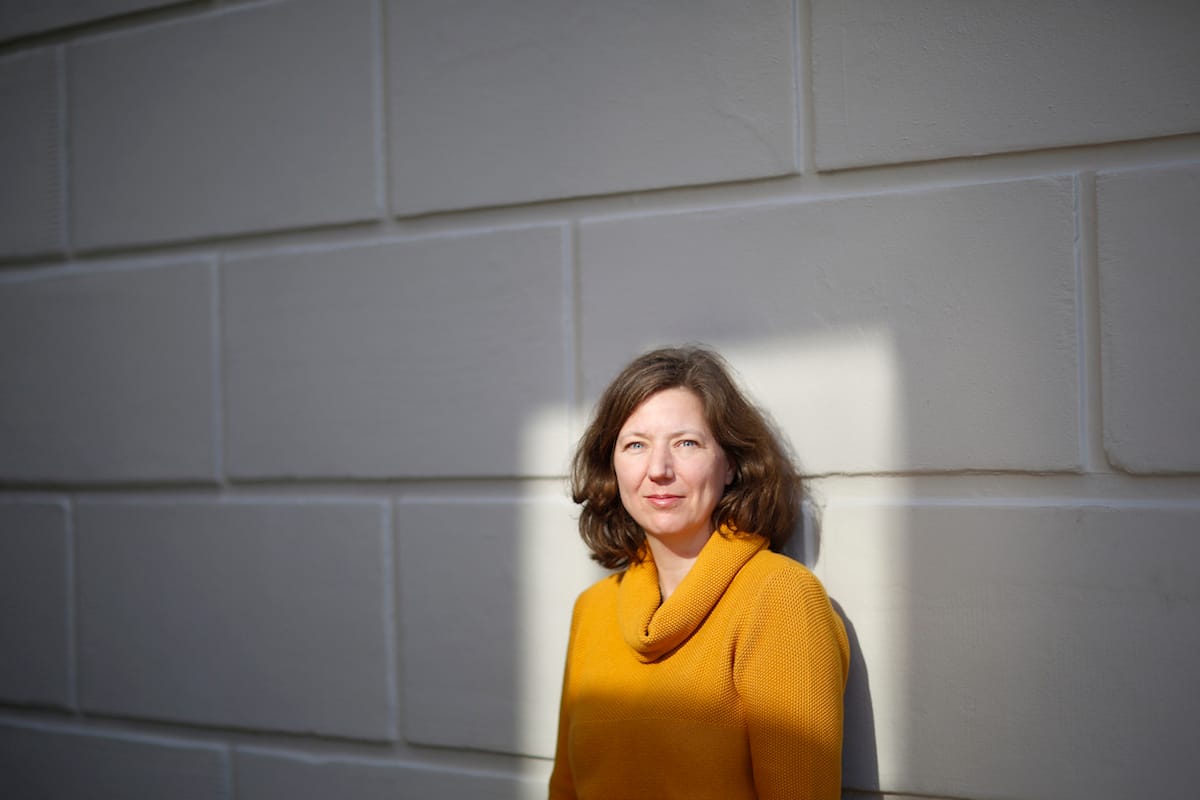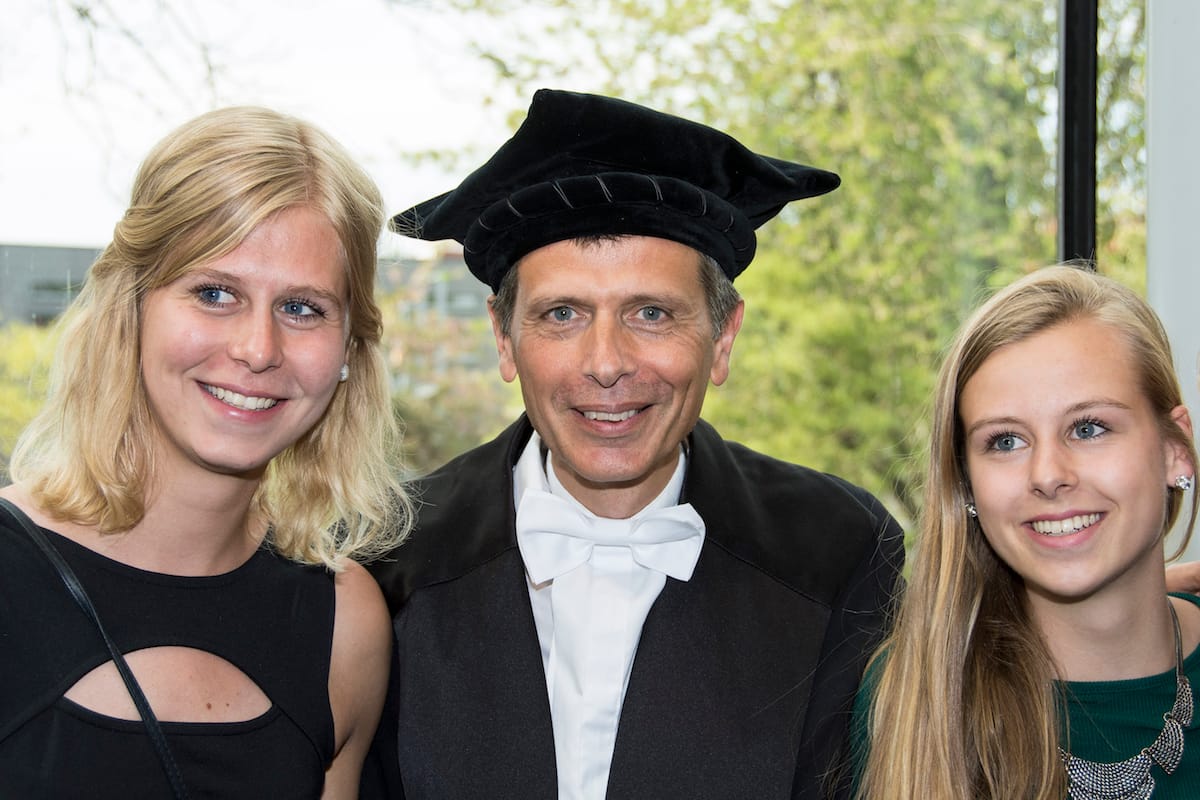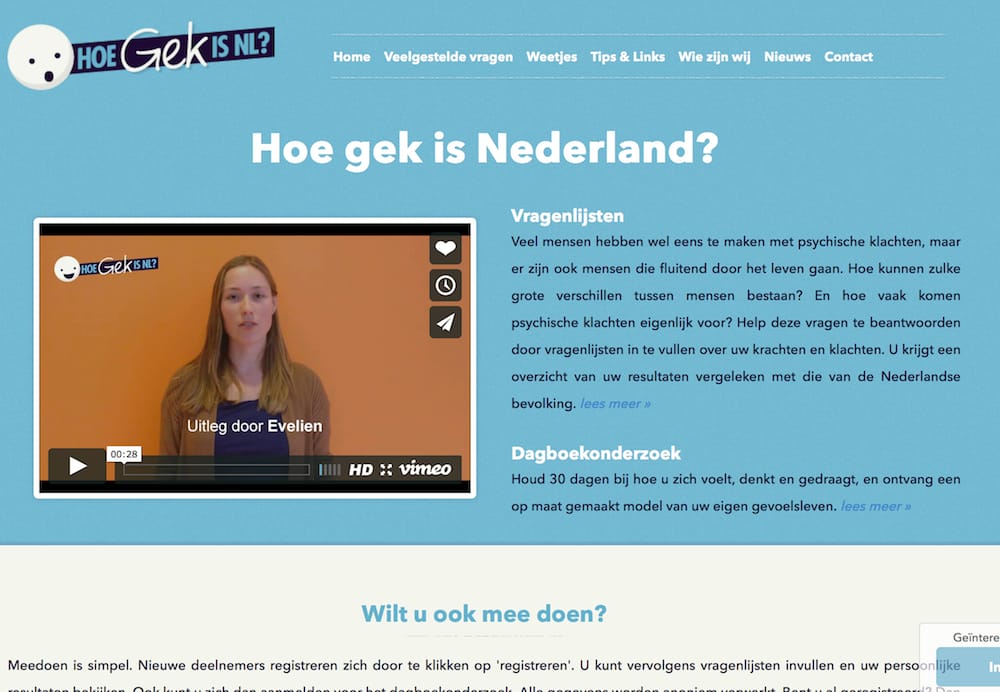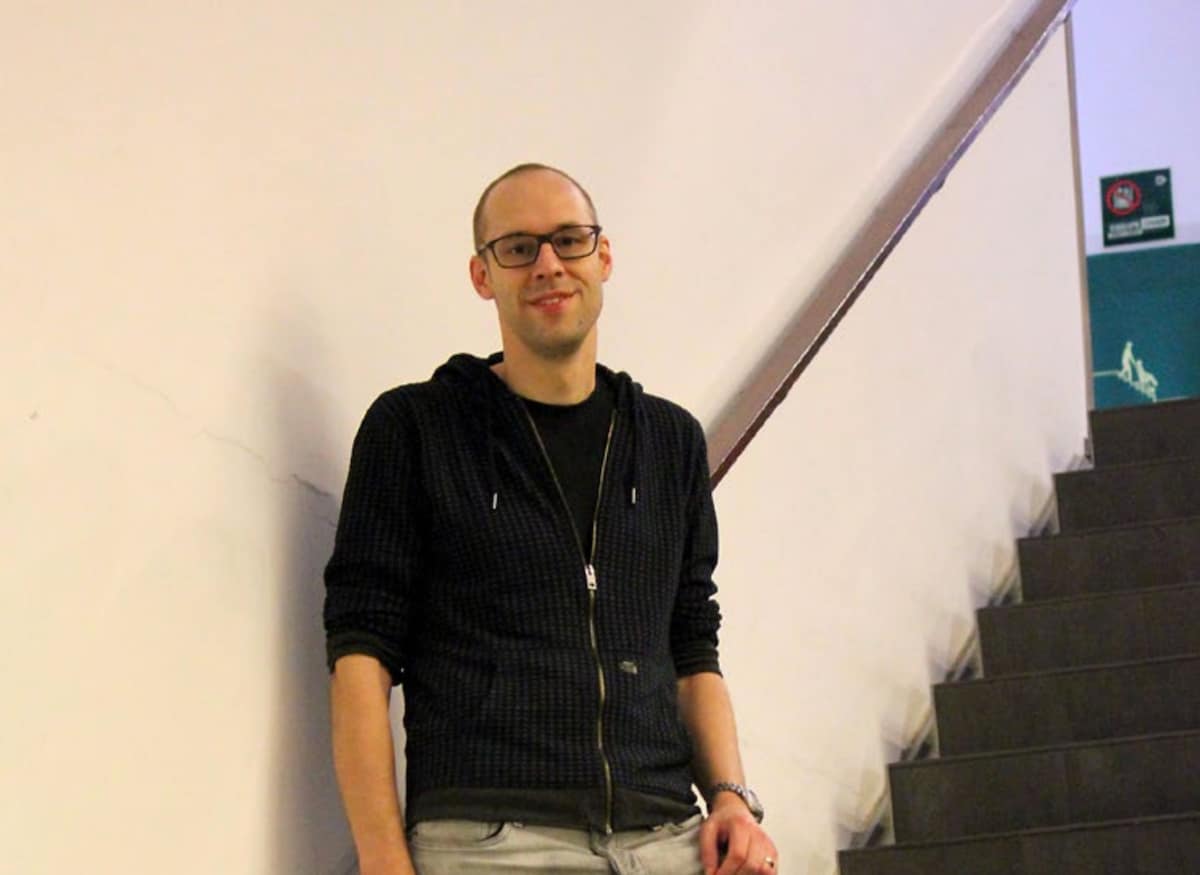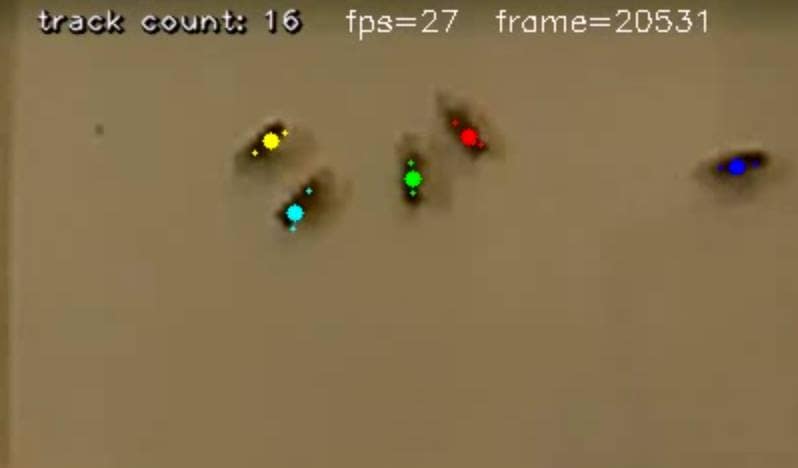Marieke van Vugt is assistant professor in the cognitive modeling group of the Department of Artificial Intelligence (Faculty of Science and Engineering) at the University of Groningen. One of the things she is interested in is studying the cognitive processes involved in mindfulness and meditation. Studying this topic is not an easy task since there is not […]
Marcus Munafò is Professor of Biological Psychology at the University of Bristol. His main research is on the neurobiological and genetic basis for tobacco and alcohol use, but he has also had a long-standing interest in the role of incentive structures in science, and their impact on research reproducibility. His scientific work on science (metascience) […]
Every quarter, we share articles published in the BCN Newsletter and we are happy today to share an interview with Dr. Stéfanie Enriquez-Geppert, who recently started working at the Psychology Department as Assistant Professor in Neuropsychology. The interview was conducted and written by Anna Leonte, a BCN MSc student.
Every quarter, we share articles published in the BCN Newsletter and we are happy today to share an interview with Dr. Simone Sprenger, Assistant Professor at the Faculty of Arts, who studies language perception and bilingualism. The interview was conducted and written by Améie la Roi, PhD candidate in linguistics.
Every quarter, we share articles published in the BCN Newsletter and we are happy today to share an interview with Dr. Hanneke Loerts, lecturer at the Faculty of Arts, who uses eye-tracking, electrophysiological, and behaviour methods to study language acquisition. The interview was conducted and written by Annelot de Rechteren van Hemert.
We are happy today to share an interview with Dick de Waard, who recently became Professor of “Traffic Psychology and the Retention of Mobility” in the Clinical and Developmental Neuropsychology group of our department. The interview was conducted and written by Heleen Hoogeveen, PhD candidate on the topic of food perception.
HoeGekIsNL is a national crowdsourcing study designed to create an empirically based representation of mental strengths and vulnerabilities and their role in mental disorders. It is an initiative of the Interdisciplinary Center Psychopathology and Emotion regulation (ICPE), UMCG. The team behind the project is led by professor Peter de Jonge and is comprised of scientists from different fields, including psychiatric epidemiology, psychology, computer science, and mathematics.
Mind-reading has long been the domain of science fiction writers. To date, neuroscience research is mostly still focused on localizing cognitive functions in the brain, rather than at understanding the algorithms behind them. This is the main reason why we know roughly where problem solving takes place in the brain, but not how it is done.
Every quarter, we share articles published in the BCN Newsletter and we are happy today to share an interview with Andrea Soto Padilla, PhD candidate at the Faculty of Medical Sciences, who works on an interdisciplinary project on the perception of time.
Every quarter, we share articles published in the BCN Newsletter and we are happy today to share an interview with Dr. Linda Geerligs, who won the BCN dissertation award. The interview was conducted and written by Manon van Asselt, a PhD candidate at UMCG.



